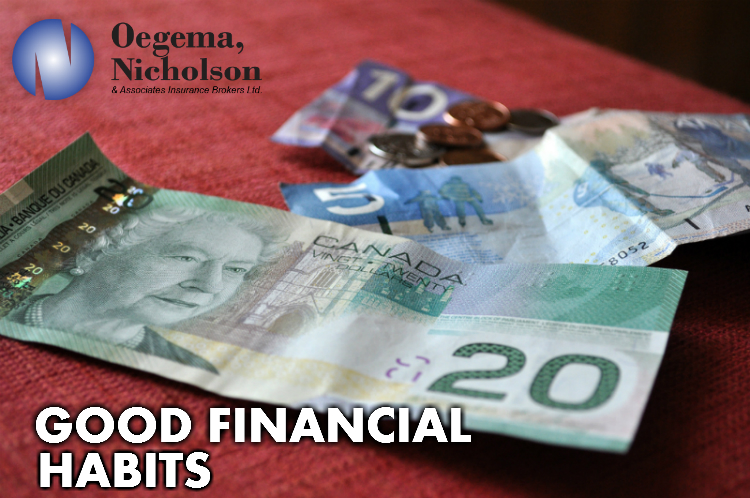
5 Good Financial Habits for Every Stage of Life
Posted by on Feb 22, 2016 in
If you struggle to keep your personal finances on track, you’re not alone. As Canadian adults, many of us struggle to pay the bills, balance our retirement savings and debt repayment or are stretched as thin as we can go on our mortgages. The good news is that if you’re feeling the financial pinch, there are some basic habits you can adopt that should help. These fundamental financial habits should benefit your financial standing, whatever stage of life you’re at.

[Photo via: Carissa Rogers]
Good Financial Habits:
- By the time you’re in your 30s, you should certainly have started saving for your retirement. If you haven’t, it’s not too late, but the sooner you start, the better. You may want to speak to a financial advisor about what options are best to start building your savings. They may recommend looking at a registered retirement savings plan (RRSP); a Tax-Free Savings Account (TFSA); or a Registered Retirement Income fund (RRIF); as well as other possible vehicles for your investments and savings. The sooner you start saving money, the more you’ll be able to take advantage of compounding interest, maximizing your long-term gains.
- Keep your credit score in good shape. Here are basic principles to do so:
- Avoid carrying a balance on your credit card from one month to the next; paying only the minimum balance ensures that you’ll be paying maximum interest.
- Pay off your monthly balance in full, on-time.
- Don’t spend more on your credit card than you have available to you in your chequing or savings account.
- Additionally, make it an utmost priority to pay your other bills on time (utilities, telecom, etc.)
- Set a realistic budget for you and your family. A budget only has value if you’re able to stick to it over time. If you set an overly-strict budget at the start that seriously impacts your perceived quality of living, then let’s face it – you’re more likely to cheat in due time, making the whole concept moot. So when planning your spending, don’t go crazy with slashing out all the things that you like. Just make some reasonable cutbacks here and there that will make your plan easy to follow in the long run.
- Do whatever you have to in order to avoid impulse purchases. For some people, taking cash out from the ATM helps them better keep track of their spending – rather than putting everything on your debit or credit card, and not realizing the damage done until they eventually check your monthly statement. But for other people, having cash in their wallet makes them more likely to spend it quickly. Find which strategy works best for you, psychologically. You may also find that practices such as closely following a shopping list, or not shopping for groceries while hungry, can help you avoid buying things that you don’t really need.
- Grow an emergency savings account so that you’re not financially hamstrung when – not if – something unexpected pops up. Some basic things you can do are to make use of auto-deposit to a savings account, so that the amount builds up passively; trim or renegotiate your recurring monthly spending and put that money towards your emergency savings; or find energy savings around your home. For more information and ideas, check out our earlier post on 5 Ways to Grow & Manage Your Emergency Savings Fund.

